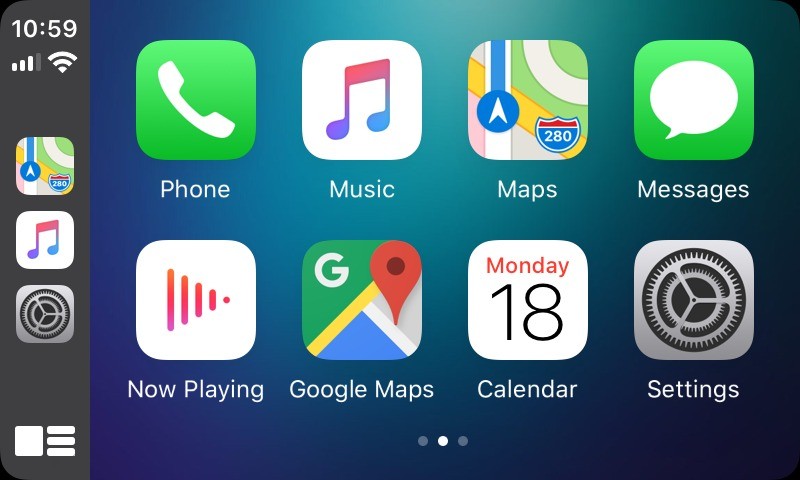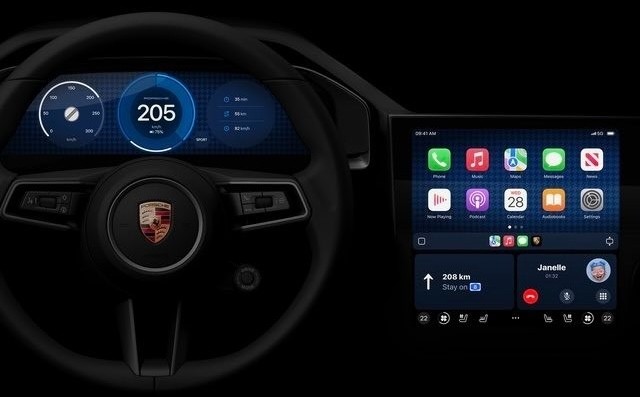Recent revelations shed light on Apple’s evolving automotive strategy, following the discontinuation of its ambitious Project Titan. While the Apple Car project has been shelved from a hardware perspective, the tech giant remains steadfast in integrating its software and services into vehicles through partnerships with established automakers.
Aiming to extend its reach beyond CarPlay and Apple Maps, Apple explored the possibility of transforming CarPlay into a full-fledged operating system. Mirroring Google’s strategy with Android Automotive, this initiative sought to deepen integration with vehicles, enabling enhanced functionality and control over infotainment systems.

However, logistical challenges, including the need for proprietary chips and concerns over cost implications, prompted Apple to abandon this approach. Instead, the company opted to refine CarPlay, launching CarPlay 2.0 with improved features and deeper integration with select automakers.
Apple’s decision underscores its commitment to delivering a seamless user experience while ensuring compatibility with existing hardware configurations. By working closely with automakers, Apple seeks to maintain its brand identity and offer tailored solutions that resonate with consumers.
While the path to mass adoption may pose challenges, Apple remains confident in CarPlay’s appeal, leveraging consumer demand and strategic partnerships to drive innovation in the automotive sector.

